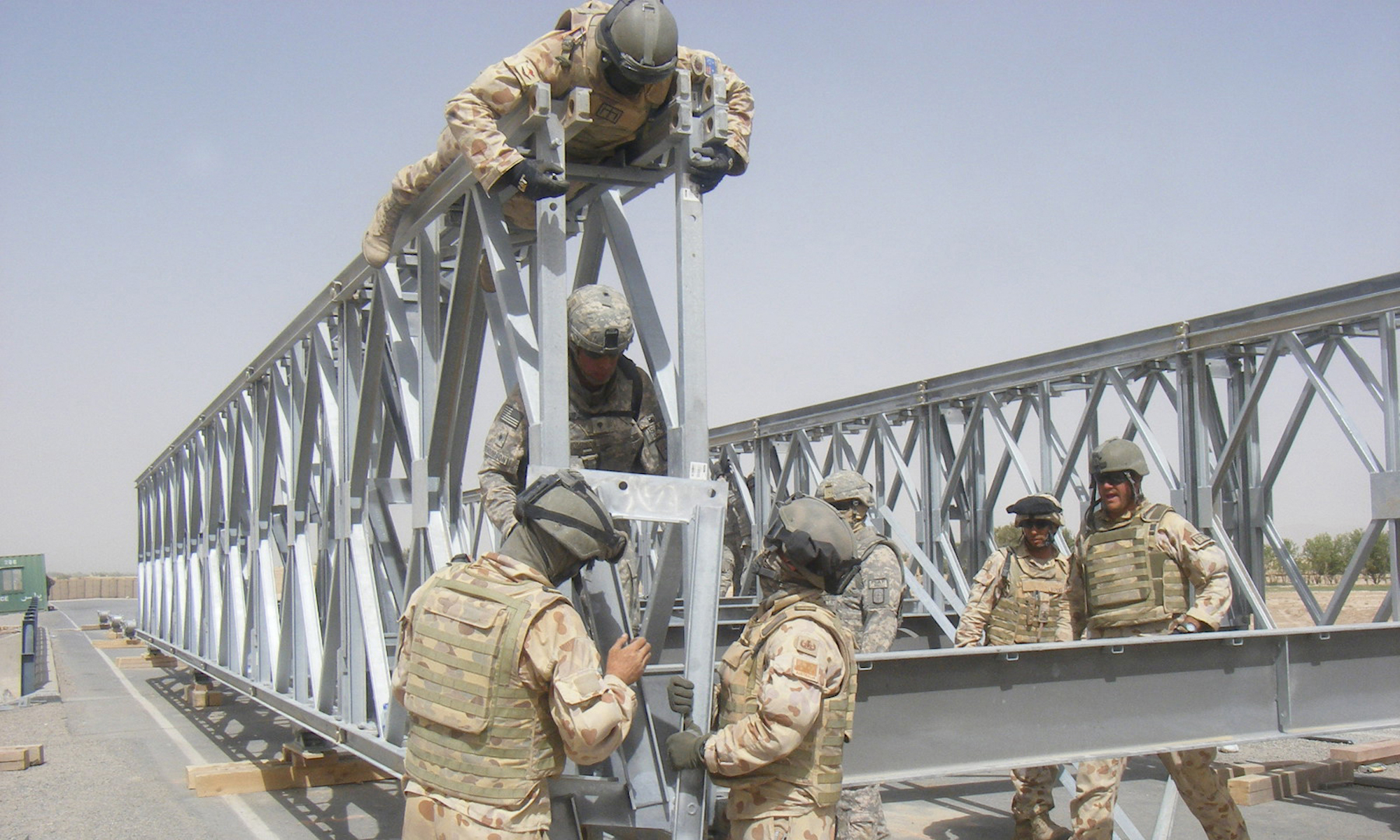The unification of Germany extended the economic and political system of the west to the east. The system transfer led to a “problematic normalisation” as East Germans have tried to adjust to uncertainties they had never known: in employment, education and training, family life, immigration. A decade on, the book examines what kind of civil society has emerged, how East Germans fared in th social transformation and how processes of transformation in the new Germany relate to European policy agendas for analysing social transformation and its two key tenants: the transformation process affecting advanced industrial societies generally, and the process of post-communist transformation pertaining to Germany. The book addresses this “dual transformation”, firstly, by placing the developments in eastern Germany in a comparative European perspective and, subsequently, by considering in key areas of east German society and through personal responses, to what extent state-socialist legacies continue to matter.

INSCT Postconflict Research Database
The Institute for National Security and Counterterrorism's Postconflict Research Database & Analysis Project stores cross-indexed bibliographic information on hundreds of journal articles, books, book chapters, and case reports that address the broad, interdisciplinary fields of postconflict reconstruction, stabilization, and peacebuilding.
39 Replies to “Managing Armed Conflicts in the 21st Century”
Comments are closed.